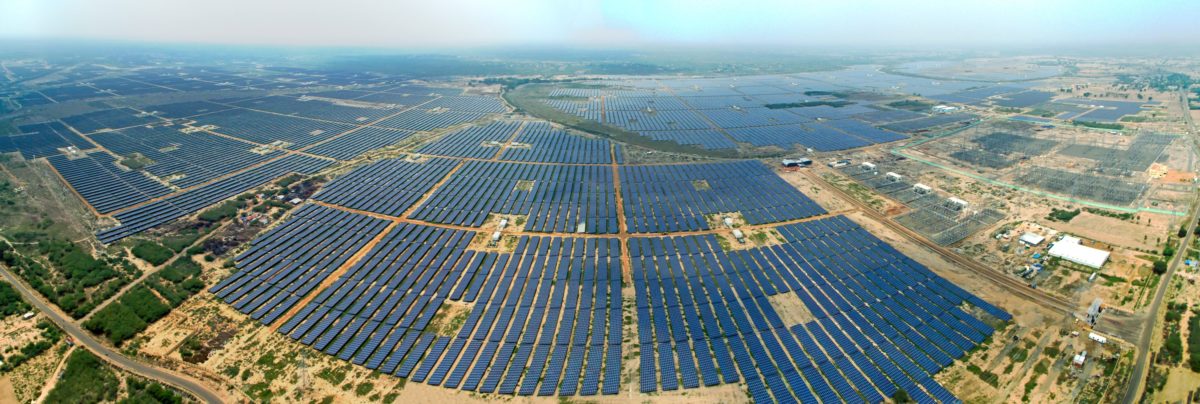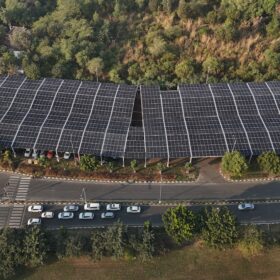A new report by Auroville Consulting says Tamil Nadu needs to increase RE generation by more than 230% and phase down coal to meet its recently announced target of meeting 50% of all energy requirements through renewable energy by 2030.
The state’s power generation will reach 1,73,679 million units (MUs) by FY 2029-30 considering an average growth rate of 5% annually from 2021-22 FY till FY 2027-28. The share of 50% renewables by 2030 represents 86,839 MUs.
In FY 2021-22, renewable energy, including solar, wind, bioenergy, and hydro, accounted for 22% (26,202 MUs) of the state’s total energy generation of 117,553 MUs. Coal power was the single largest source in the power mix with a share of 70%. The share of nuclear and gas in the state’s total electricity generation stood at 8% and 1%, respectively.
To meet the 2030 target of 50% RE, an additional 60,637 MUs of RE will need to be generated. This represents an addition of around 28 GW of wind energy capacity or 32 GW of solar energy capacity and means that in the next six years starting with FY 2023-24 approximately 4.8–5.5 GW of renewable energy capacity needs to go on-grid. The average annual RE capacity addition in Tamil Nadu from 2018 to 2023 was 1.21 GW.
Assuming there will be no change in the generation of nuclear energy and gas energy, coal energy will represent a share of 45% or 77,597 MUs in 2030.
In 2021-22, coal power was at 82,109 MUs. To meet the 2030 target of 50% renewable energy in total generation, coal power will need to reduce by 4,511 MUs or 5% compared to the 2021-22 values. The bulk of this reduction will need to come from the state electricity generation and distribution company TANGEDCO.
The 50% RE target, therefore, implies the need to strategically reduce coal power generation and sourcing. This may need a combination of retiring some of the older coal power plants operated by TANGEDCO and reducing coal power purchases by central generation stations and other sources.
This content is protected by copyright and may not be reused. If you want to cooperate with us and would like to reuse some of our content, please contact: editors@pv-magazine.com.









https://www.thehindu.com/news/national/tamil-nadu/tamil-nadu-is-yet-to-develop-framework-on-solar-wind-energy-hybrid-system-finds-report/article66980259.ece